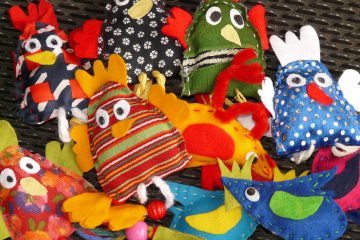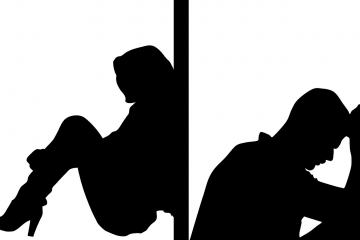One of my problems with standard curriculum is they can’t provide enough variety in activities focused on one issue. They try, I’ll give the writers credit for that, but there are only so many textbook/workbook exercises you can design to elicit subjunctive for doubt. And really, do we believe that those cheesy textbook videos offer enough patterned input for them to understand anything except how bad the acting is?
So I don’t use a textbook. My lesson activities include stories, drawings, writing, songs, and, occasionally, a game. This is what we’ve been doing for subjunctive by reason of a verb following an expression of doubt.
STORY:
Two students in the class were talking. A boy and a girl. Who are they? (the students decide) They aren’t big though. They’re small. They’re not in high school. They’re in preschool. It was a long time ago.
What were they talking about? Their hermanos? No. Their mamás? No. They were talking about their papás.
The boy said, “MY papá goes to China every month.”
The girl said, “I doubt that your papá goes to China every month. MY papá has 15 birds in his bedroom.”
And we continued with different phrases. I organized it by putting two speech bubbles beside each character on the board. The top speech bubbles were for what they said about their papás. The bottom speech bubbles were what they said to doubt the other person’s statement. We used places around our area and vocab we’ve worked on lately, but you can make up anything. As long as it’s interesting and relevant, they’ll stay focused. And mine picked up the pattern by the 4th or 5th doubt statement and were able to change the verbs themselves. Our statements were:
MY papá…
…lives in Bernheim Forest
…knows President Obama
…gives me chocolates for breakfast
…dies when he eats shellfish
…can walk 15 miles
…can drive his Corvette 100mph
(At the end we added that they both said “I want your dad to come to Show n Tell” to rehash a subjunctive for influence example.)
The next day, our song was No Sé Si Pueda by Fonseca. You can listen to the song on YouTube but there’s no video for it. It’s a good example of subjunctive for doubt.
The day after that, we played “two truths and a lie.” I divided the class in half, and each person wrote 3 statements, 2 true and 1 false, in no particular order. (I collected these afterward for a 10-point completion/effort grade.) The team got a point if the other team could not guess which one was the lie. Then, we put “dudamos que…” in front of the one the majority had thought was the lie, and they told me what else in the sentence had to change and why.



